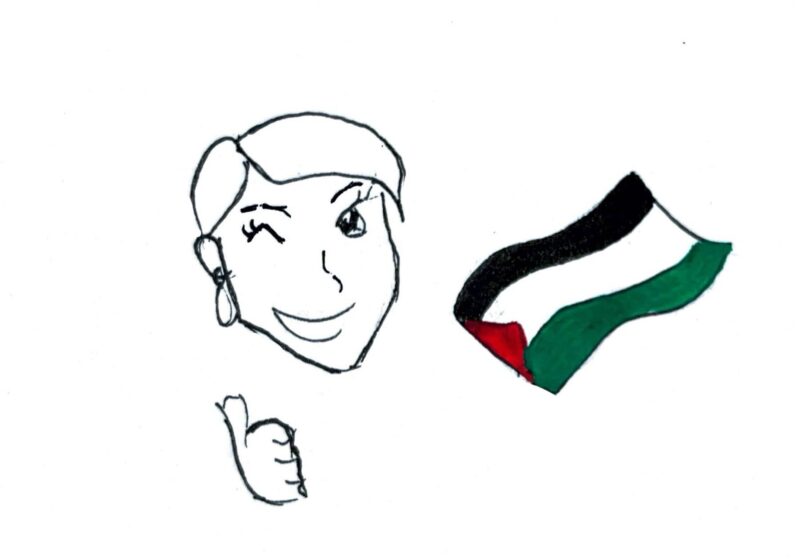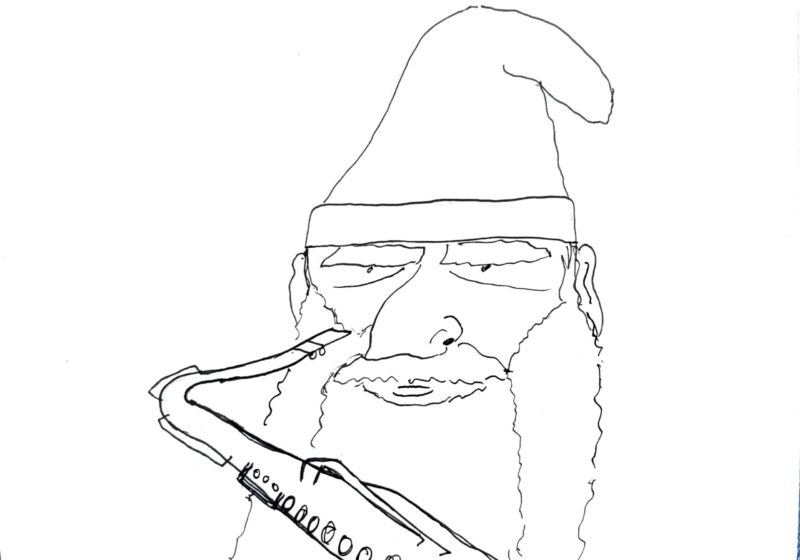UR’s top-rated computer science team came out on top of the field of 16 teams at the ACM International Collegiate Programming Contest preliminaries at Rochester Institute of Technology last Saturday. The team, comprised of seniors Grant Farmer and David McClosky and sophomore David Eisenstat, finished five of seven problems in five hours, using a combination of high-level algorithms and low-level programming language.
“The problems are sometimes abstract and sometimes simplified versions of real-life programming problems,” Eisenstat said. “As an example of the latter, problems this year included computing how to make change with the fewest number of coins given their denominations, an elevator-controller simulation and a problem based loosely on sequencing DNA.”
The program is subjected to a number of tests and is also timed. “At the end, teams are ranked according to how many problems they’ve solved. To break ties, teams with lower total time taken on the problems they’ve submitted place higher,” Eisenstat said. Luckily for the Yellowjackets, they finished their five problems an hour and 20 minutes faster than the second place team.
The preliminaries at RIT hosted teams from 16 schools coming from as far away as Quebec, Canada. Many schools, including UR, fielded two teams. UR’s second team also managed a strong showing.
“This is an annual competition with great prestige and public presence,” Administrative Assistant in the Computer Science Department Marty Guenther said. “We have participated in the ACM programming contest for five years. The contest itself has been around much longer than that, 27 years to be exact.”
Finishing first was an improvement over last year, when UR’s two programming teams finished second and third.
UR’s team, unlike many others, does not spend the year preparing for competition like this, which makes their victory that much sweeter.
“Many of the participating schools have classes to prepare their students for competitions like these, or they meet year round to practice,” Guenther said. “Our team meets a few times prior to each contest but this isn’t a year-round team.”
Now that UR’s top team has won the preliminaries, they advance to regionals, also held at RIT. UR’s Northeast North America Region holds computer science powerhouses such as Massachusetts Institute of Technology, Yale University, Brown University, Harvard University and University of Waterloo. A win at regionals would earn them a trip to the World Championships in Prague, Czech Republic in March of 2004.
“It was tense the whole way through.” Eisenstat said. “We were not ahead at the beginning, due to a mysterious bug in one of our early programs.”
Eisenstat said that the program logic worked, but the problem came when he forgot to remove some debugging code before he submitted the program. This caused the program to fail the tests, but Eisenstat said the team was still able to finish well.
“Fortunately, we were able to solve the third and fourth problems relatively quickly, which put us at the top of the standings,” he said. “There was a lot of suspense in the last half hour, since they hide updates to the scoreboard,” McClosky said.
“On the whole, it was a lot of fun. We were excited whenever one of our problems was graded – especially when we got it right.”
Farrell can be reached at nfarrell@campustimes.org.




